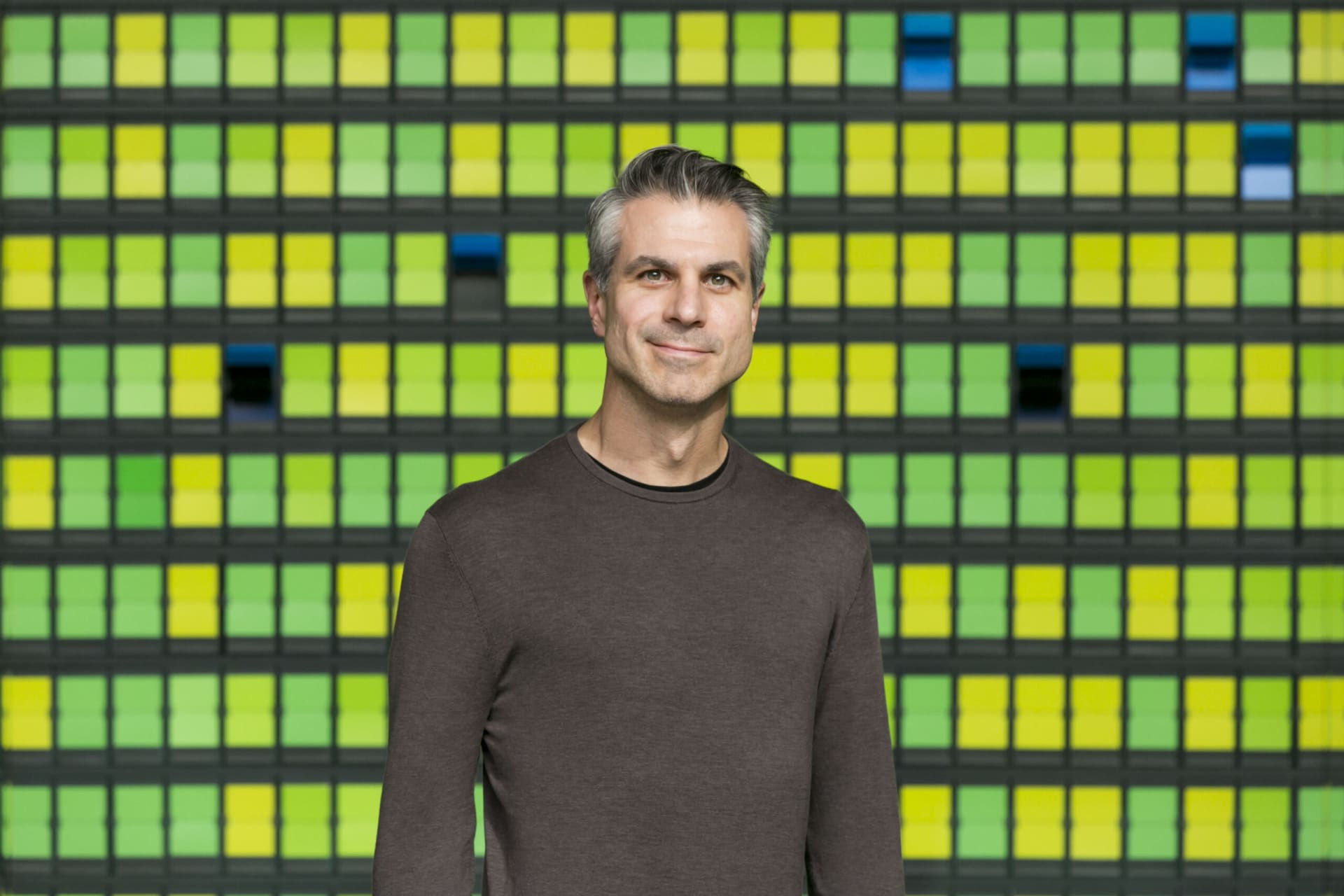By Pablo Wahnon, Editor at Forbes Argentina
In 2009, Ignacio “Nacho” De Marco found himself no longer wandering the streets of Buenos Aires but navigating the vibrant landscapes of Australia. Uprooted by Argentina’s tumultuous climate at just 25, he embarked on an unexpected journey of creating the world’s largest bootstrapped software outsourcing company.
Nobody would have guessed he’d be there. Nacho went to a public high school, “one of those with a number, not a famous one,” he clarifies to Forbes Argentina in an exclusive interview in Los Gatos, south of Silicon Valley. His passion was for accounting: “I thought I was going to be an accountant; I loved tax issues.” But his father, a software specialist, encouraged him to help with some projects, and he discovered a new world: “He paid me $1 an hour, and it felt like touching the sky.” After studying Computer Science at university, his specialization opened the door to a stable position in Australia as a Technical Project Manager, where he rubbed elbows and managed various projects.
The security of a predictable career did not extinguish the entrepreneurial flame within him: “Together with Paul Azorin, who was still in Buenos Aires, we started to get clients. Each of us had our regular jobs, but we felt that our idea could materialize into a company, which already had a name: BairesDev.”
He and Azorin had met in a specialization course in Management of Technological Projects and had the vision of a promising business that could scale from Latin America: software outsourcing. There was a significant arbitrage opportunity, and they decided to focus on the United States. “Our competitors had the talent, but they struggled to reach beyond the local market or Latin America. So, we decided to work only with U.S. clients, but it wasn’t easy at first,” he says. During those early days, “we earned much more from our stable jobs. But our hearts beat when we worked on our venture. I would return from the office, and at night, I’d put on the BairesDev hat. In that way, Buenos Aires was always close,” he reminisces.
Working abroad was a good idea but hard to execute without international contacts. Added to this was the fact they had no investors (nor did they try to find any). “We were convinced we needed to be working for clients in the United States. We had the best time zone, and the level of English in LATAM was becoming increasingly proficient. The cultural component is quite close as well. The talent from our region adds value. We are here to make concrete contributions, and that is something our clients appreciate. They value that we care about doing things right, not just appearing to do so, and that’s why we have been able to establish lasting relationships,” shares De Marco.
In the vast expanse of the tech industry, where giants loom large, BairesDev charted its own successful course. The contrast between what a programmer earns in places like San Francisco versus Argentina was clear, but leveraging this was not new.
Globant, the Argentine software company with a market cap of about $10 billion, had already taken advantage of this. BairesDev’s innovation was not the business model of software outsourcing, but discovering a new way to take flight within a territory already traversed by others. If the rest were traveling by land, they planned to create technology to fly.
At the time when the airplane was about to be invented, several teams were competing. The group led by Samuel Pierpont Langley was adored by the media. He came from Harvard and the Smithsonian, and had fame and contacts. However, the airplane was invented by the unknown Wright brothers. They had no money. But they did have a dream that went far beyond appearing in a photo. That passion and their experience in manufacturing bicycles led them to discover the crucial component for an airplane to fly. The key was creating the wind tunnel, a component that allowed testing different types of airplanes until finding the most suitable one.
De Marco and Azorín came from software and thought they could change the traditional way of selling it. Instead of hiring salespeople, they proposed creating specialized digital marketing software to help them. “If we sell software development to other companies, we have to also be able to do something disruptive for our own,” they thought. Thus, their great invention, their wind tunnel, was creating a digital hub that connected the two ends: market needs with the capabilities of programmers. They thought of the organization as a platform for a “two-sided market,” where the aim is not only to be attractive to clients but also to suppliers; in this case, the coders.
GROWTH
Placing the marketplace at the center stage was a disruptive move that happened as they became familiar with the industry. The first years were much less structured, and the real challenge was securing their first U.S. client. They had no contacts or marketing resources, so they began a systematic process of prospecting through LinkedIn. Diving through so much data allowed them to understand the challenges they would face when eventually creating their proprietary cold contact technology.
The first company to hire them came from the gaming industry. “They had a Brazilian CEO, who understood he could work better with us compared to companies from India. Moreover, they had already had poor experiences with outsourcing to India. He valued the component of cultural proximity. When he saw we were good, he recommended us to another client, this time in the finance industry,” remembers De Marco. And he adds: “When we had five clients, we entered a new stage, where we looked to scale.”
Meanwhile, their passion for BairesDev competed against their steady jobs. “I remember telling my wife: ‘BairesDev is going to work because I earn a third of what I do in my day job.’” Returning to Argentina and diving fully into BairesDev was “taking a potentially stupid risk because it’s not like we had many clients, and that makes you vulnerable to any unforeseen event. But I felt it was the path I had to take. We went all in with Paul. Initially, all we were looking for was to reach a point where we felt some stability,” recalls De Marco.
They did not have investors to support them if things went wrong; they had to maintain and grow with their own resources. This phase lasted about five years, where the founders did everything from marketing to collections. As they grew, they started adding people beyond the coders. By 2014, 400 people were working at BairesDev.
“I made the decision with my wife to go to San Francisco. We saw that BairesDev was now stable. We had a variety of clients, ensuring we wouldn’t go bankrupt in two years. We moved from a survival mindset, typical of people in Argentina, to seeing that we could be a giant company. We thought we could be among the 20 largest companies in the world in our market. With our changed mindset we did a lot of work on brand improvement and marketing. We started to invest fearlessly. And we decided that the headquarters would be in San Francisco,” details De Marco.
Growth was leveraged by their own marketing tools, which allowed them to reach new clients in an automated way. “The number of salespeople we have, compared to our competition, is very low. Our model combines a few salespeople with a lot of specialized software pertaining to ads, content, and digital marketing in a much deeper way than what exists in the market, even today. Our advancement is so significant that it’s not easy to match us when it comes to quality lead generation,” he highlights.
This digital wind tunnel allowed them to continue developing new marketing models to further drive their growth without external investment. “In hindsight, I’m glad it was this way. You get to dedicate yourself completely to your clients and employees without having to worry about anyone else. Often the pressure from investors influences decisions to be made more on how the market will react rather than what the company needs in the medium and long term. For example, the market expects you to lay off people during a recession. But perhaps without that pressure, you would arrange things differently, to not lose your intangible value, which is your talent,” explains De Marco.
The BairesDev model grew at great speed, incorporating clients of various sectors and sizes: from startups to corporations like Coca-Cola, Adobe, eBay, and HP, among others. They had entered a new phase of the company, and, while BairesDev remained a private company, they brought on partners when they encountered great talent. Today, De Marco owns slightly less than half of the company, with Azorin and Fernando Galano as the other major partners. They also added Pablo Chamorro and Facundo Molina, who added their expertise to the marketing platform.
THE EXPLOSION
While the machinery of BairesDev continued to grow, something unforeseen happened: Covid emerged with unusual force, and businesses suffered. “We had two stages. At first, I was very worried that certain clients were falling through, like those in tourism, and some planned projects were getting canceled. It felt like everything could crumble. Fortunately, that feeling only lasted two or three months. We did not make any hasty decisions and kept the company steady. In the second stage, the opposite happened: although the market was struggling globally, in 2020 we grew by 56% and in 2021 by 156%, totally unexpected. We’re talking about a level of growth that’s very difficult to keep up with,” De Marco shares.
How did this happen? BairesDev, along with other companies with a similar model, were prepared for the pandemic. “One of the reasons we didn’t win some business earlier was because clients wanted the programmers to be in their offices. We lost out in those situations. Our advantage was that our talent was mainly in Argentina, which made conversations with potential clients difficult. It wasn’t enough to show them our proposal that guaranteed they would have the most talented people at a lower price,” recalls De Marco.
“The pandemic validated the business model we had conceived 10 years prior. We were better prepared than anyone in that period because we were already operating remotely. Maybe the last major barrier to competing globally was overcome,” boasts De Marco.
The explosive growth of BairesDev transformed it into an important player in software development. Now the company has more than 4,000 employees. Talent from different countries began to be added to the pool of Argentine coders. Today their engineers come from 50 different countries, 90% being from Latin America.
BairesDev’s digital hub allows them to find the best developers thanks to a highly effective talent acquisition pipeline. Amazingly, in 2021 they received more than 1.5 million applications. The talent selection system, backed by artificial intelligence, enables them to hire the most skilled technical profiles. This figure pales in comparison to what happened in 2022, when they received 2.4 million engineers, eager to be a part of BairesDev. “When you reach large numbers, you have the possibility to filter the best of the best, and that’s an important quality seal that our clients appreciate,” he highlights.
“From the analysis of these applications, we identified several trends in tech talent from the region. For example, between 2015 and 2021, the number of women applying to the industry increased by 400%. The female professionals who applied to technical positions showed greater interest in web, mobile, and testing,” reveals Andrea Modarelli, Head of PR at BairesDev.
The firm reported a revenue of $338 million in 2022, marking a 71% growth from the $198 million recorded the previous year. Although the figures for 2023 are pending, projections suggest it will exceed $350 million, positioning BairesDev as one of the tech sector’s rapidly evolving bootstrapped unicorns. Over the past four years, the company has seen an average annual growth rate of 86%.
With a diverse clientele spanning over 100 industry sectors and 27 countries, BairesDev’s largest client alone leverages 230+ BairesDev developers. The work carried out has led them to have experience in more than 142 technologies. As for AI-related projects, they have 81 projects in more than 20 industries.
How much is the company worth? “It’s not for sale,” assures De Marco. When Globant had the same number of employees, it billed $220 million versus $330 million for the company created by De Marco and Azorin. This means their business model is optimized by around 50% compared to the market leader. Market estimates suggest BairesDev could be worth at least $2 billion USD, crowning it as a new unicorn created by Argentinian talent.
Reflecting on their journey, De Marco shares, “Two years back, we realized our business model thrived independently of external funding. This revelation spurred us to explore how our strategies could benefit other firms. Having developed our marketing software, sales, and recruitment frameworks, we extended our model to a select few partners. The results were astonishing, with a threefold increase in their sales within 14 months.” This success led to the inception of BDev Ventures, aimed at propelling the growth of companies within their ecosystem.
“We start with small companies and put them through this improvement machine. We are currently engaging with 60 companies, across many different sectors like HR, Finance and Healthcare. The model is similar because they need to sell to and recruit people. We work with them for free for 3 or 4 months, so our investor risk decreases,” says De Marco. “I will never be an expert in investments, but I can guarantee that if we significantly improve their billing and recruitment, and give them money that enables them to operate better, the chances of them doing well are very high. That’s what happened to us,” concludes De Marco.
A journey that began with just a dollar an hour, wound up creating a business with a multibillion dollar valuation. After charting his own path, De Marco’s new adventure is creating roads for others so they can chase dreams of their own.
Read the PDF Version here.
*This translation has been authorized by the writer. The original text in Spanish can be found here.







